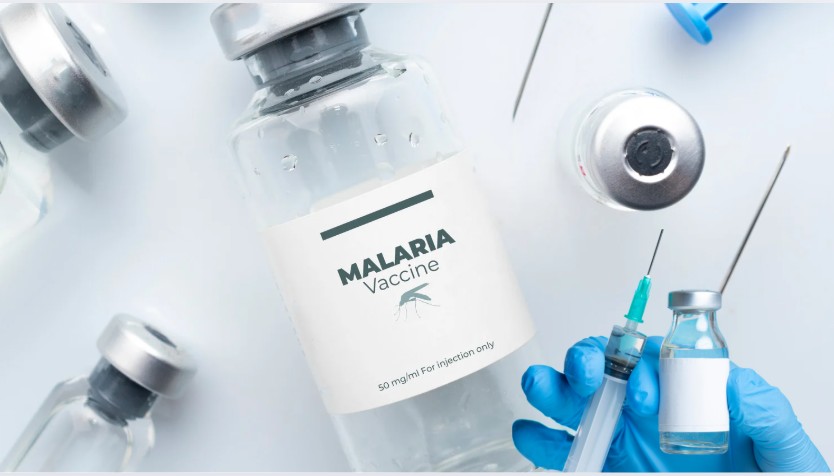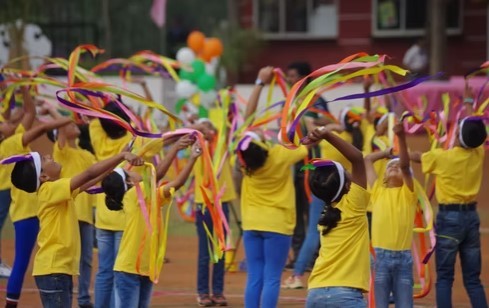Washington, D.C. March 27, 2025: — In a controversial move, the Trump administration has decided to slash funding for Gavi, the global health organization responsible for providing life-saving vaccines to developing nations. This decision, outlined in a recent 281-page report by the United States Agency for International Development (USAID), has raised concerns over the future of immunization programs in vulnerable regions worldwide according to AFP report.
The report, which was sent to Congress on Monday, lists numerous grants that will be either continued or terminated. Among the most significant changes is the U.S. government’s plan to significantly reduce support for malaria programs while maintaining some funding for HIV, tuberculosis, and emergency food aid for conflict and disaster-stricken countries.
Despite the drastic cuts to USAID, which has reduced its workforce to just 869 employees out of more than 6,000, the organization will continue to manage a smaller number of grants—around 900—while discontinuing over 5,340. This restructuring comes with an estimated $40 billion reduction in the agency’s budget, now absorbed by the State Department.
The U.S. withdrawal of financial support from Gavi could have severe repercussions on global health initiatives. Gavi, a public-private partnership headquartered in Geneva, has been instrumental in saving millions of lives through vaccination programs. The United States contributes approximately a quarter of Gavi’s budget, and without this support, the organization warns that it could jeopardize progress made in reducing vaccine-preventable diseases.
Impact of U.S. Funding Cuts for GAVI on Global Vaccination and Public Health
scale back support for malaria programs but will maintain some funding streams for treating HIV, tuberculosis
Gavi’s response on social media highlighted the dire consequences of the funding cut, emphasizing that U.S. support has been crucial in saving over 18 million lives over the past 25 years. Furthermore, Gavi’s mission to enable countries to transition from aid to self-sufficiency may be severely undermined.
Experts like William Moss, executive director of the International Vaccine Access Center at Johns Hopkins, also expressed alarm, stating that the reduction of U.S. financial backing could increase the risk of disease outbreaks, both in the U.S. and globally. The ongoing commitment from the U.S. has been essential for sustaining immunization programs in low-income countries, many of which depend on Gavi’s support to provide vaccines.
This latest decision by the Trump administration risks undoing decades of progress in the fight against preventable diseases and undermines global health security. The world may now face an uncertain future without the vital U.S. support that has been instrumental in combating vaccine-preventable diseases across the globe.






